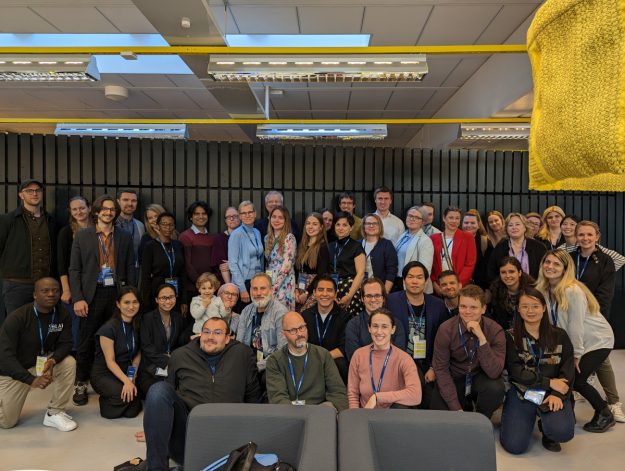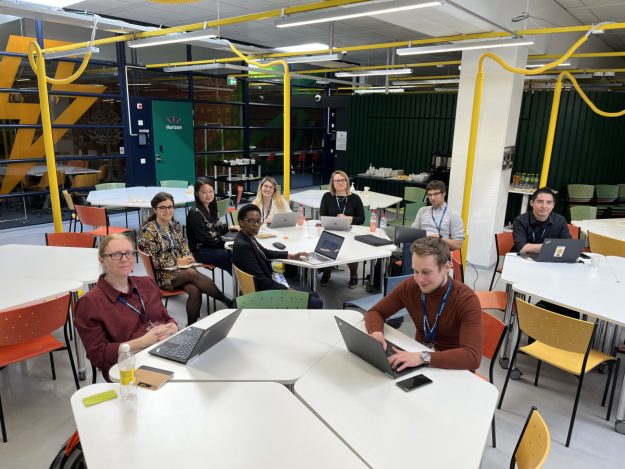Olle Bälter, Richard Glassey, Andreas Jemstedt and Daniel Bosk
Abstract
We have evaluated a new pedagogical approach, pure question-based learning, or rather, a modern, digitized version of a really old approach: the Socratic method of learning. The pedagogical approach was evaluated and improved using a design-based research methodology. An online course was developed with pure question-based learning to explain its predecessor: question-based learning. The course was successively taken by students, researchers, and practitioners, and discussed in four group seminars. Feedback from each iteration was integrated into the next version and the course is still in use. Results from the design-based research process were positive (≈78 participants, over four iterations) with the main negative results coming from the unfamiliarity of the format and feelings of exam-like stress during the first encounter. While pure question-based learning is new, it builds upon well-tested pedagogical methods. The method has several potential advantages: learning can be broken down into smaller modules, there is less passive learning for the students, less learning material needs to be created and AI could be used for this creation.
Keywords: question-based learning; active learning; formative feedback; effective learning

 Olga presented Cultural differences in Students’ Privacy Concerns in LA across Germany, South Korea, Spain, Sweden and the US. Former TEL group membe
Olga presented Cultural differences in Students’ Privacy Concerns in LA across Germany, South Korea, Spain, Sweden and the US. Former TEL group membe Olle held a workshop on
Olle held a workshop on